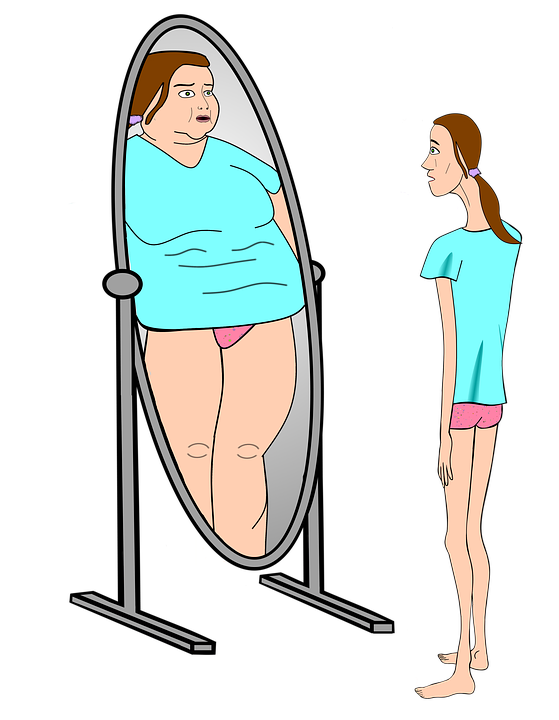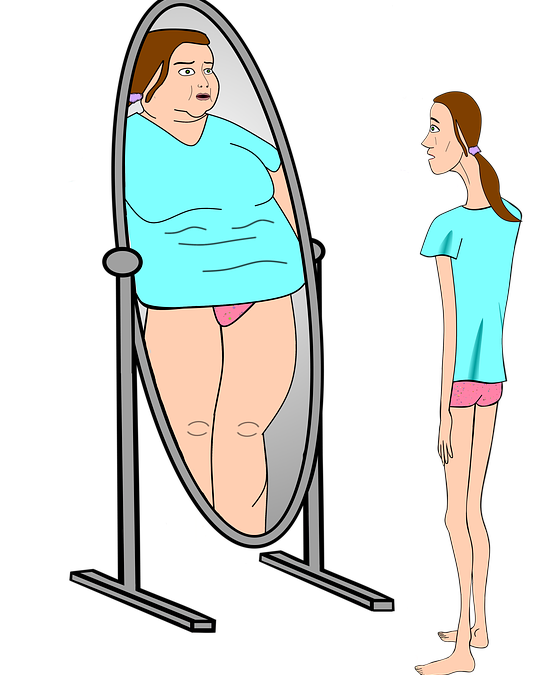Bulimia Nervosa or publicly known as bulimia is an eating disorder that involves binge eating and then purging the food from the body. Typically people suffering from bulimia will eat large amounts of food in a short amount of time and then vomit the food back up to get rid of it. They also commonly use laxatives and diuretics. The disorder is many more times common in women than men and while not considered as life-threatening as anorexia, it is still very dangerous and serious.
Signs of Bulimia Nervosa
The signs of someone having bulimia are often difficult to spot. As with any psychological disorder, the signs are not uniform and no two cases will be exactly the same. Typically sufferers of bulimia nervosa will be fixated on the number of calories they consume, concerned about their weight on a frequent basis, suffer from depression, have regular trips to the bathroom, and suffer from low self-esteem.
Bulimia symptoms often revolve around out-of-control eating and then self-induced purging or vomiting. In addition, a bulimic will suffer from dehydration, stomach pains, inflammation of the esophagus, constipation, oral pain and trauma, infertility, and constant weight fluctuations.
Typically bulimia will onset in the teenage years and most cases will have suffered from obesity beforehand. Many cases go undetected and continue into adulthood. If not caught and treated early enough, the problems will last for many years. Even 10 years after a diagnosis, the prognosis for full recovery only stands at around 50%. Because bulimics tend to be around average weight, it is difficult to detect and binge eating should be the primary sign to look for. Bulimia is usually diagnosed when all of the symptoms of anorexia have been discounted.
Causes of Bulimia Nervosa
A lot of research has looked at the cause of bulimia nervosa and it has been debated if it is caused by social or biological factors. It seems that both scenarios are probably true. Social factors of portraying perfect body image and eating less to be thin cause what a lot of specialists believe to be a psychological ideal that differs greatly from the current body size and shape. The difference is usually so severe that bulimics have to adopt extreme ways of changing their bodies. Biological factors have also been attributed as causes of bulimia namely through hormonal imbalances. Abnormal levels of serotonin have been linked with many eating disorders. With bulimia being very common in women, a number of menstrual conditions such as polycystic ovaries have also been linked.
Treatment
Once highlighted, bulimia is able to be treated by both pharmacological and psychological means. A number of drugs are available that can affect hormone levels, block the cravings that may occur, and inhibit certain reactions in the brain. It is widely thought that treatment via drugs will only help on the way to recovery. Psychotherapy is sometimes required in addition to drugs. Psychotherapy treatment of bulimia nervosa revolves around cognitive behavior therapy (CBT) and training the patient to have different reactions than the ones they have with bulimia.

